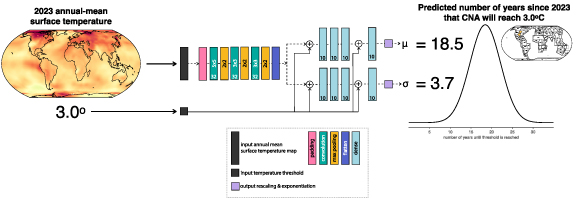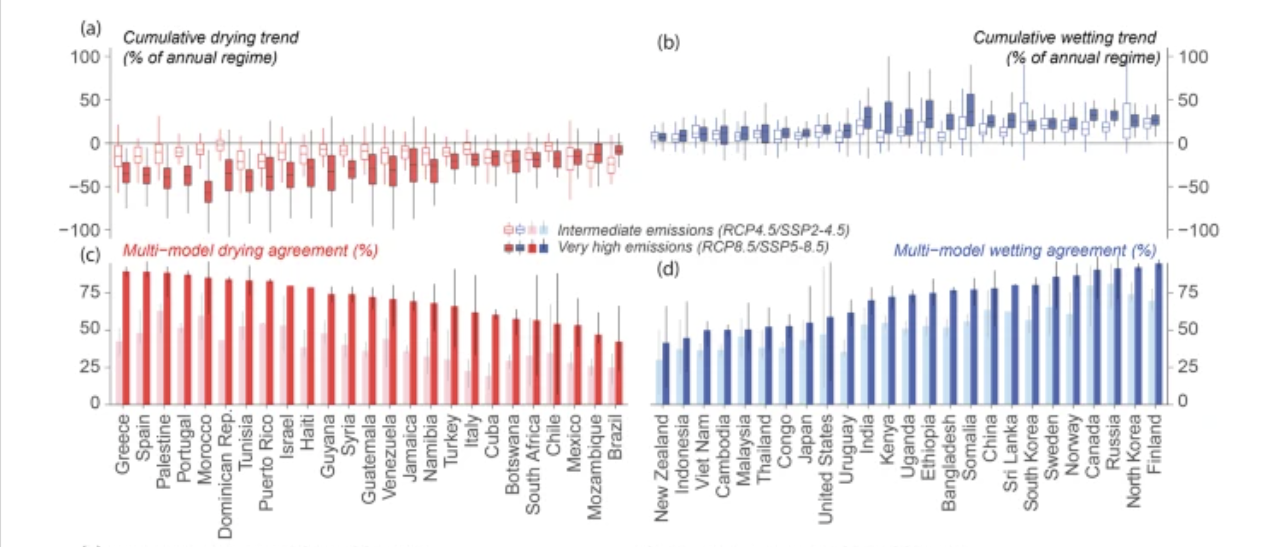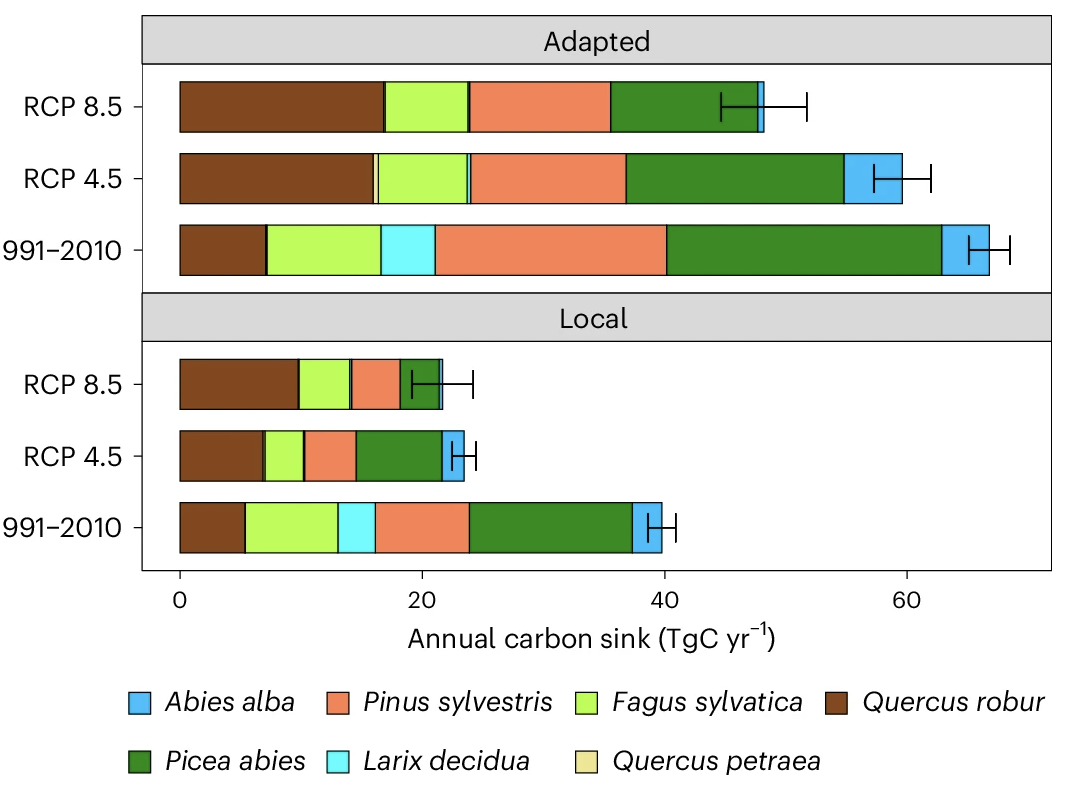
AI and Climate Data Show Regions Will Hit Warming Limits Sooner Than Expected
New research using machine learning and observational data shows regions will reach dangerous warming levels sooner than previously predicted.

New research using machine learning and observational data shows regions will reach dangerous warming levels sooner than previously predicted.

An in-depth summary of the Nature Communications article on future precipitation changes, focusing on practical implications for policy and local administration.

Research demonstrates that AI-driven dialogues can significantly reduce belief in conspiracy theories, offering a promising tool for mitigating misinformation.

A study on assisted migration as a strategy to preserve the carbon sink function of European forests, highlighting the importance of species and seed provenance selection.

An NBER working paper reveals that the economic damages of climate change are six times larger than previously estimated, with significant implications for global GDP and climate policy.

Research into the EU's CAP demonstrates a considerable majority of subsidies support animal-based agriculture, contributing to an increased environmental impact.

This summary highlights the paper's exploration into improving LLMs for evidence-based question-answering by fine-tuning on synthetic data refined with quality filters.

This summary highlights the experimental evidence from a study on how index provider engagement influences corporate commitment to science-based climate targets, marking a significant contribution to sustainable finance and corporate governance literature.

A comprehensive overview of the Climinator tool, designed to automate the fact-checking of climate change claims using Large Language Models (LLMs).